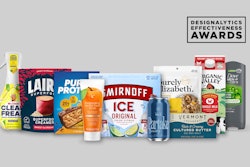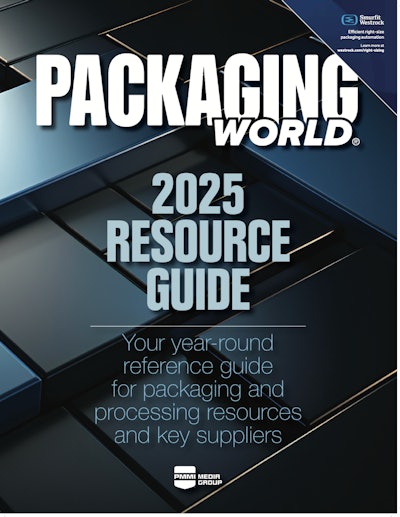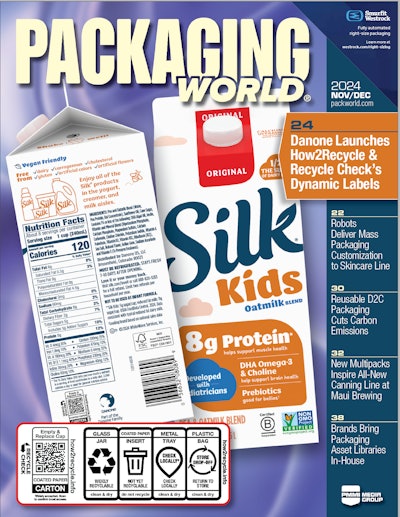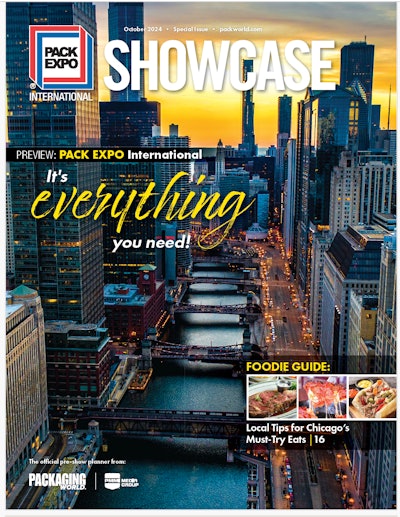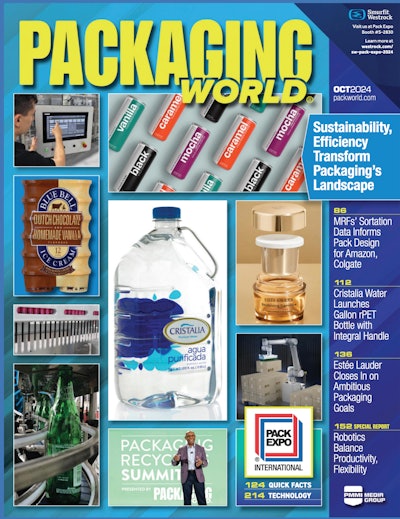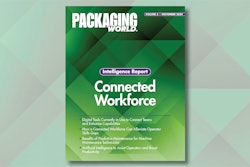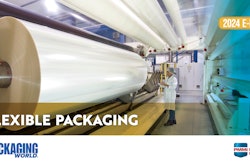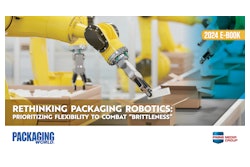![The bio-based bag is said to be a proprietary blend formulated and tested to pass OCC [Old Corrugated Container] acceptance testing.](https://img.packworld.com/files/base/pmmi/all/image/2025/01/Lamb_Weston_Web.67869167b1455.png?auto=format%2Ccompress&q=70&w=400)
Lamb Weston is now offering its U.S. foodservice customers the option to get their frozen French fries in a recyclable paper bag. The new package is the result of several years’ work by its packaging engineers to develop a format with a more sustainable end-of-life solution than exists for the company’s polyethylene bags.
“This initiative was driven by our goal to develop packaging to be recycle-ready, reusable, or compostable to reduce our Scope 3 GHG emissions as well as use less water in the production of our packaging,” explains Michael Grandinetti, senior manager packaging engineering for Lamb Weston. “We have previously offered paper bags for our products, but this redevelopment allows them to now be accepted in the paper recycle stream.”
 | Read this related article on European baker Lantmännen Unibake, “Sustainability ‘Baked in’ to New Paper Packaging for Frozen Bread” |
He adds that while Lamb Weston did look at other options, such as mono-material PE (the company is also developing packaging for this outlet), paper recycling is much more readily available to its foodservice customers, where back-of-house infrastructure already exists.
But the project did not come without challenges. A well-known hurdle with creating paper packaging as a replacement for film for many frozen food items is the need for moisture and grease resistance as well as durability and machinability. Traditionally, these properties are achieved with a film coating; however, film-coated bags cannot be recycled.
While Grandinetti could not share details on the supplier Lamb Weston worked with or the material technology behind the new paper bag, he does say that the material is “a proprietary blend formulated and tested to pass OCC [Old Corrugated Container] acceptance testing through Western Michigan University.” He adds that the recyclability claim is in accordance with the Green Guides published by the FTC.
In the company’s marketing materials, Lamb Weston promotes the bag as being “bio-based,” which may suggest it’s using some type of recyclable biopolymer coating to provide the required functionality.
 | Read this related article from the 2024 Packaging Recycling Summit, “Google Writes, and Shares, the Book on Plastic-Free Packaging” |
To ensure the safety and quality of the material before it was used for product, Lamb Weston’s packaging innovation team performed numerous tests, including tests on material properties, dynamics testing, and real-world trials. “There was also close collaboration with our supplier,” Grandinetti adds.
Meanwhile, the new material was also engineered to perform well with the company’s existing equipment.
The paper bag was introduced in summer 2024, receiving positive feedback from many of the company’s foodservice customers. Says Grandinetti, “Customers who have their own ESG [environmental, social, and governance] goals are appreciative of Lamb Weston providing a solution to reduce their own footprint.” PW

.OvcZHe3G0k.jpg?crop=focalpoint&fit=crop&fp-x=0.5&fp-y=0.5&h=67&w=100&auto=format%2Ccompress&q=70)


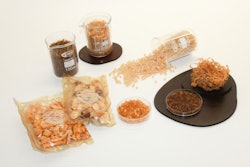
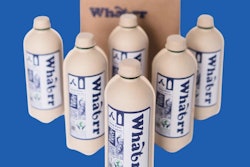


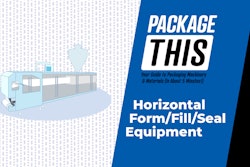

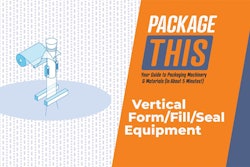

![The bio-based bag is said to be a proprietary blend formulated and tested to pass OCC [Old Corrugated Container] acceptance testing.](https://img.packworld.com/files/base/pmmi/all/image/2025/01/Lamb_Weston_Web.67869167b1455.png?auto=format%2Ccompress&fit=crop&h=167&q=70&w=250)

